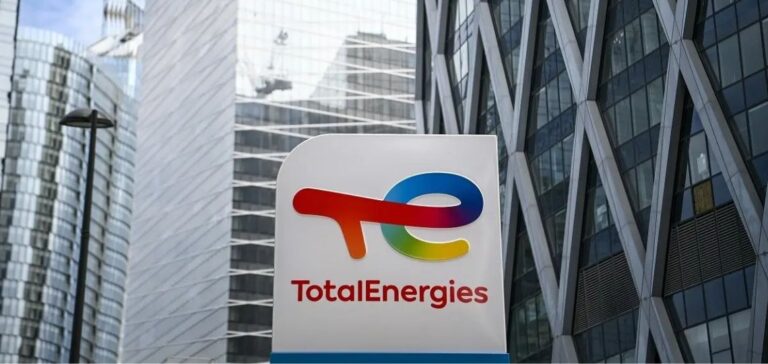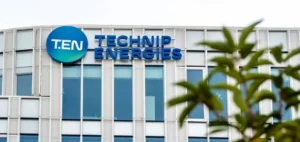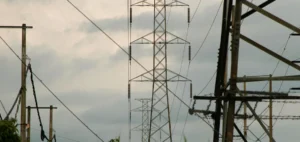TotalEnergies has announced a significant reduction in its CO2 emissions by 2023, reaching 45 million tonnes of CO2 equivalent for its own activities. At the same time, indirect emissions from the combustion of fossil fuels sold have also been reduced. This positive trend underlines the effectiveness of the strategies implemented by the Group to meet the challenges of climate change.
Reduction of methane emissions
The effort to reduce methane emissions is significant, with a reduction of over 47% since 2020. Methane, a powerful greenhouse gas, represents a small but significant part of TotalEnergies’ carbon footprint. The company is aiming for a 50% reduction in these emissions by 2025, ahead of schedule.
International context and positioning
TotalEnergies is part of the “Oil and Gas Decarbonization Charter” launched at COP28 by the United Arab Emirates and Saudi Arabia. In adopting this charter, the Group joins some fifty other companies committed to the gradual decarbonization of the sector. Patrick Pouyanné underlines this approach in his annual report, affirming TotalEnergies’ alignment with international climate efforts. The company stresses the importance of a fair and balanced energy transition that respects the development of developing countries.
Carbon Tracker review
However, the Carbon Tracker report, published simultaneously, offers a critical perspective on the oil industry. According to the organization, the major players in the sector, including TotalEnergies, are undertaking projects that are not in line with the objectives of the Paris Agreement. These projects risk compromising the global ambition of limiting global warming to 1.5°C. This warning underlines the complexity of companies’ commitments to environmental imperatives.
COP28 agreement and TotalEnergies’ vision
COP28 in Dubai concluded on the need for a transition away from fossil fuels, while allowing some leeway for their use in the medium term. Patrick Pouyanné, in his report, praises this agreement as support for TotalEnergies’ pursuit of certain hydrocarbon projects. The Group justifies this approach by the need not to penalize developing countries in their access to energy resources. This position reflects a pragmatic approach to the challenges of the global energy transition.
In this way, TotalEnergies demonstrates its commitment to reducing its carbon footprint, aligning its actions with global objectives in the fight against climate change. However, balancing economic development with respect for climate limits remains a major challenge for the industry.






















